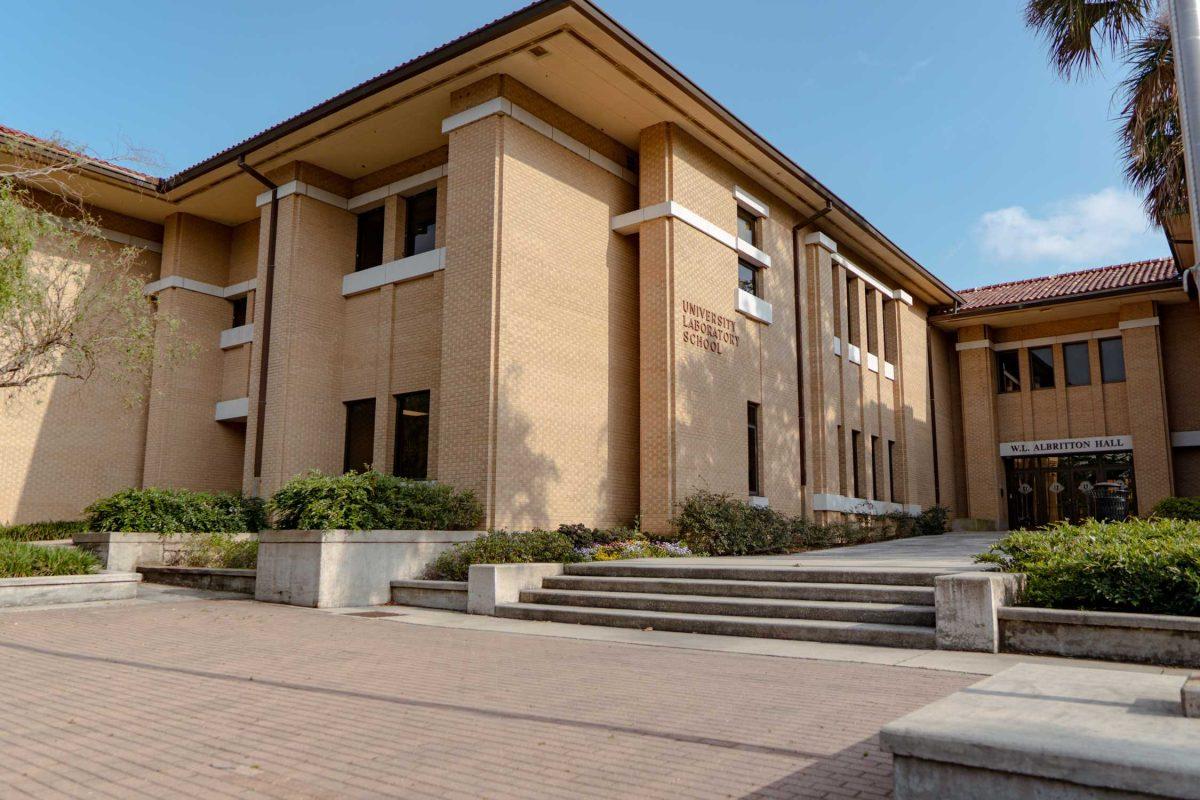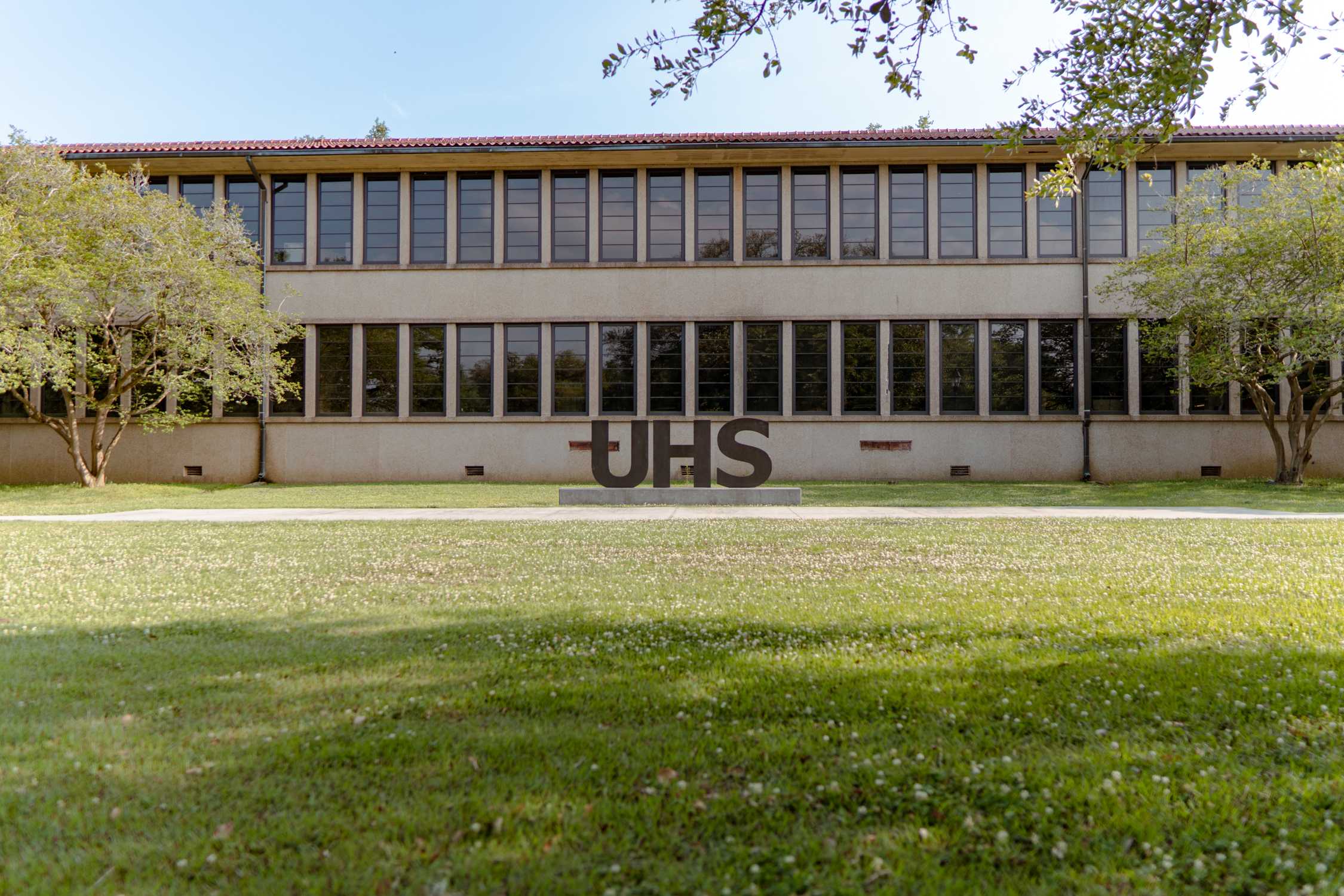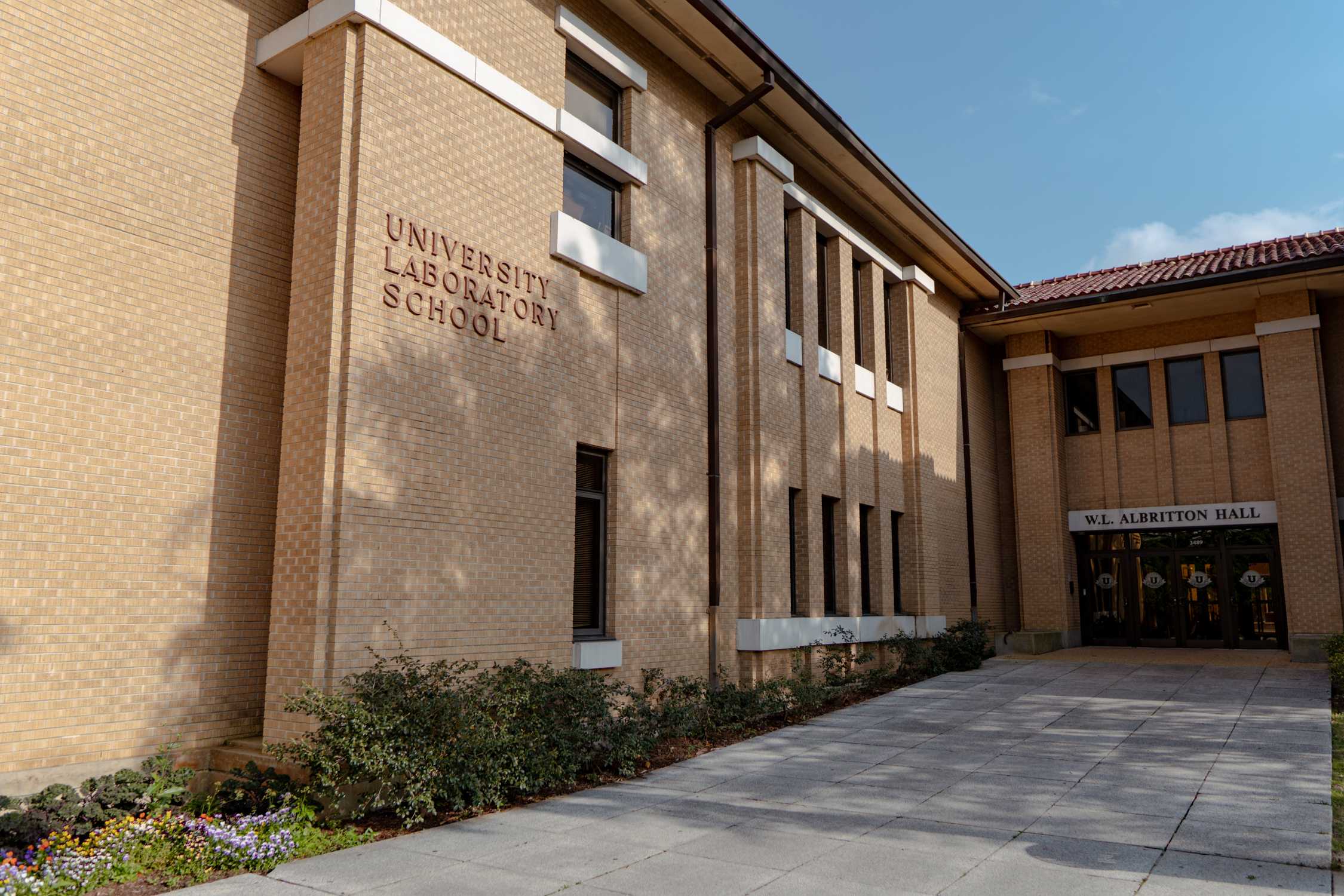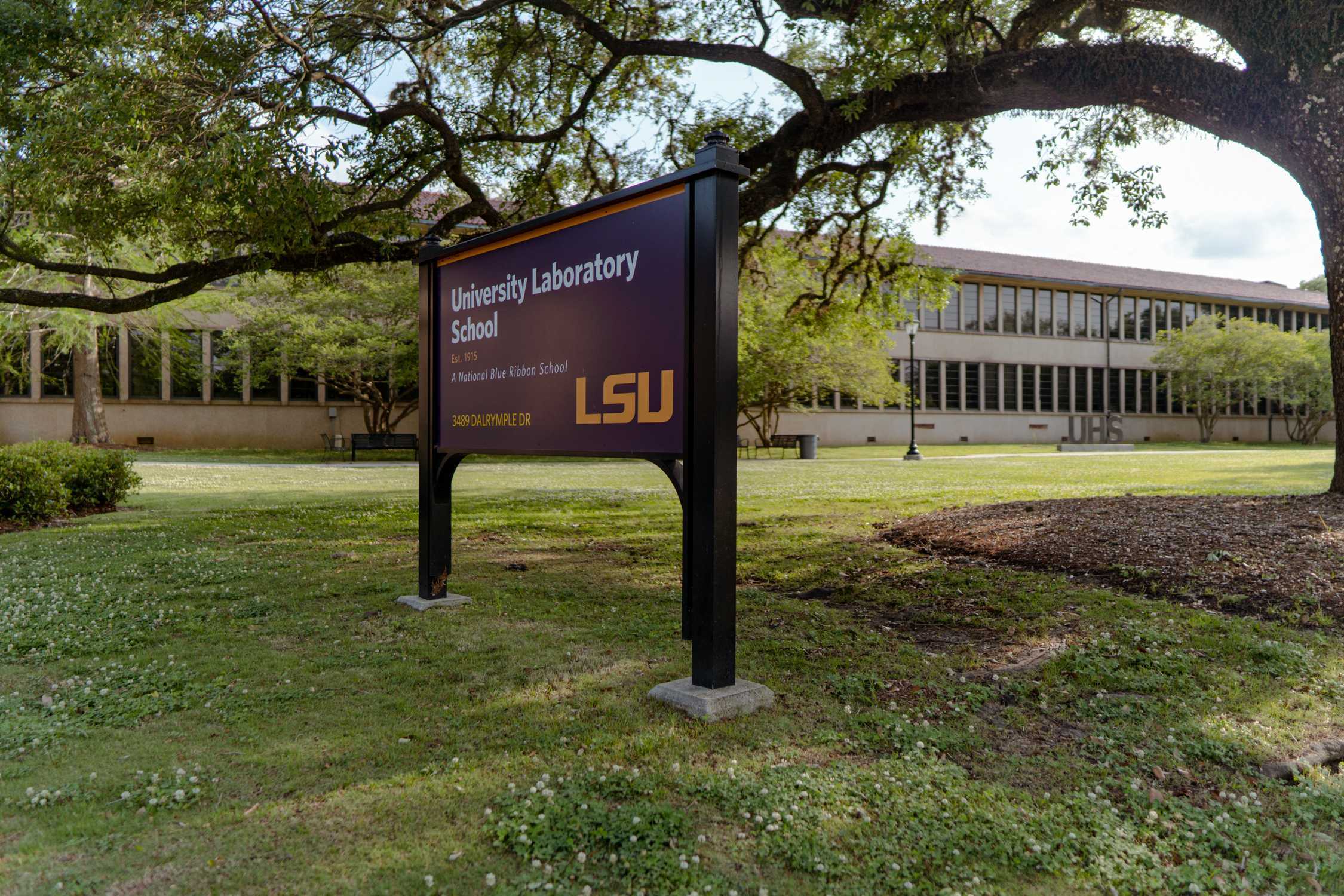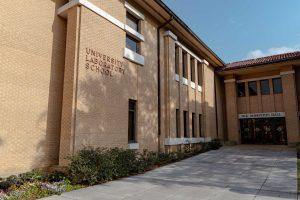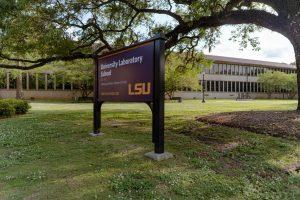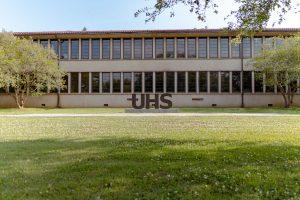Having a K-12 school on LSU’s campus could determine if students will pursue their undergraduate degrees at the university and provides many benefits for teaching candidates.
The University Laboratory School, located on LSU’s campus, was established in 1915 with only eighth through 11th grades and has since expanded to a 13-year education program.
According to the ULS website, the school is designed to assist teachers and preservice teaching candidates with the opportunity to study and observe effective teaching methods for students.
The lab school also provides real-world and interactive classroom experience under the guidance of the school’s administration and the university’s professors.
While the school was intended for LSU students to gain experience within their degree, the school also has a reputation as one of the best primary and secondary institutions of learning in the state.
Kevin George, director of the University Laboratory School, has seen the benefits of the laboratory school in regard to students attending LSU for their undergraduate degrees.
“Our recent records show that approximately 50 percent of our graduating seniors do select to attend LSU for college, and over the past two years, that number has risen slightly,” George said.
George said faculty, staff, and students take advantage of the close proximity to LSU’s campus.
“Beginning in kindergarten, our faculty, staff and students take advantage of the unique location of this K-12 school,” George said. “From walking field trips to museums and laboratories throughout the LSU campus to hosting university professors as speakers and even conducting research along with university professors, the broader LSU community plays a significant role throughout our student’s K-12 education.”
George said he believes the lab school has an impact on students’ decisions to pursue undergraduate degrees at LSU.
“By the time they graduate, our students are well acquainted with the university’s campus and many of its offerings,” George said. “I do believe that has an impact on many of their decisions to continue their collegiate studies in a place that is not only familiar but also near and dear to many of their families.”
Jane Shelby Porter, a junior at the College of Charleston majoring in data science, attended University Laboratory School from K5 to 12th grade. She said the experience of staying on the same campus for the entirety of her elementary and high school years caused her to choose an out-of-state college.
“I chose to attend the College of Charleston rather than LSU because I knew I wanted to go out of state,” Porter said. “I went to U-High from kindergarten to twelfth grade, so I was ready to branch out and have a new experience.”
Porter said she believes the rate of students that choose LSU is high because of their familiarity with the campus.
“I believe the rate of U-High students attending LSU is high because U-High is on LSU’s campus, so there is a large amount of crossover between the school and LSU,” Porter said. “Students are already comfortable with LSU, and it is an in-state university that is close to home.”
Porter believes that ULS prepared her for college but was no different than other local elementary schools.
“If I went to LSU, I think attending U-High would have helped me adjust to campus life more,” Porter said. “But the College of Charleston is different, so being on LSU’s campus was not very helpful.”
Faculty and staff at LSU’s campus are fully open to having an elementary school on campus and take advantage of premier learning for their children close to their job.
Roland Mitchell, the dean of LSU School of Human Sciences and Education, enjoys the close proximity of the University Laboratory School.
“For me, the effectiveness of a lab school at LSU is an easy question – my daughter, Faith, attends the preschool,” Mitchell said. “I hope she will one day begin Kindergarten at ULS. Knowing she is on campus, close to me, receiving the most exceptional care and education is a blessing to me. I also love visiting ULS because there is always something fun and amazing happening.”
Mitchell believes that access to a school with diverse backgrounds and age groups provides LSU teaching candidates with knowledge on the best strategies for teaching.
“Our researchers study humans: tiny humans, not-so-tiny humans, young humans and old humans,” Mitchell said. “We learn how they react, how they’re influenced by their environments, how they learn, what makes them grow (or not), and how we can make their lives better, healthier, and happier.”
Mitchell said teaching candidates benefit from having a lab school on LSU’s campus.
“The impact of having two laboratory schools on campus is immeasurable,” Mitchell said. “From early in their coursework through completion, our teacher candidates may observe innovative curriculum development, teaching, and research; they may also conduct their own original research and student-teach before standing up their own classrooms.”


